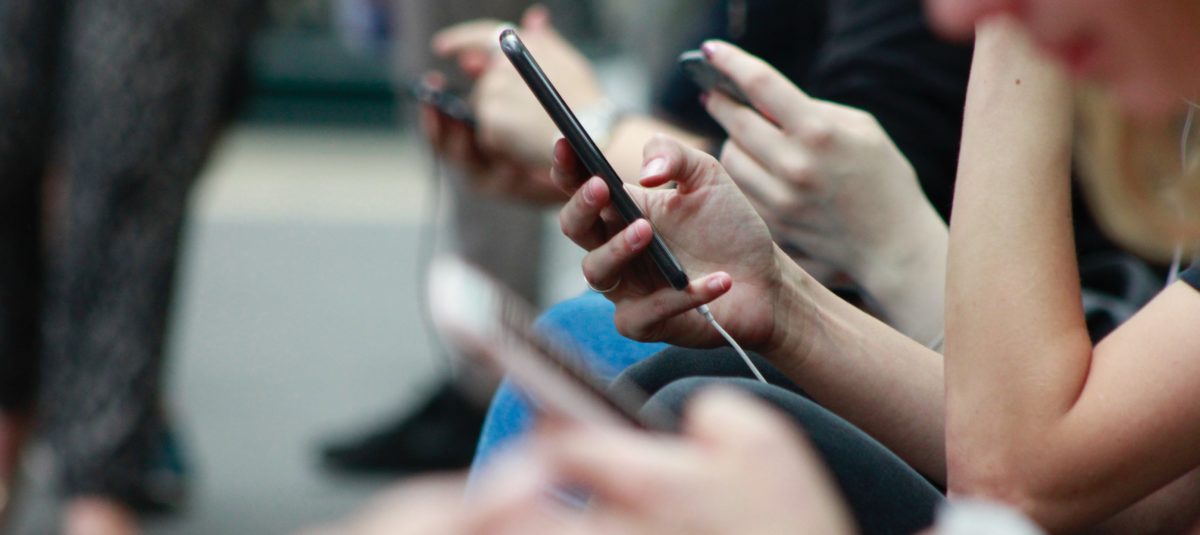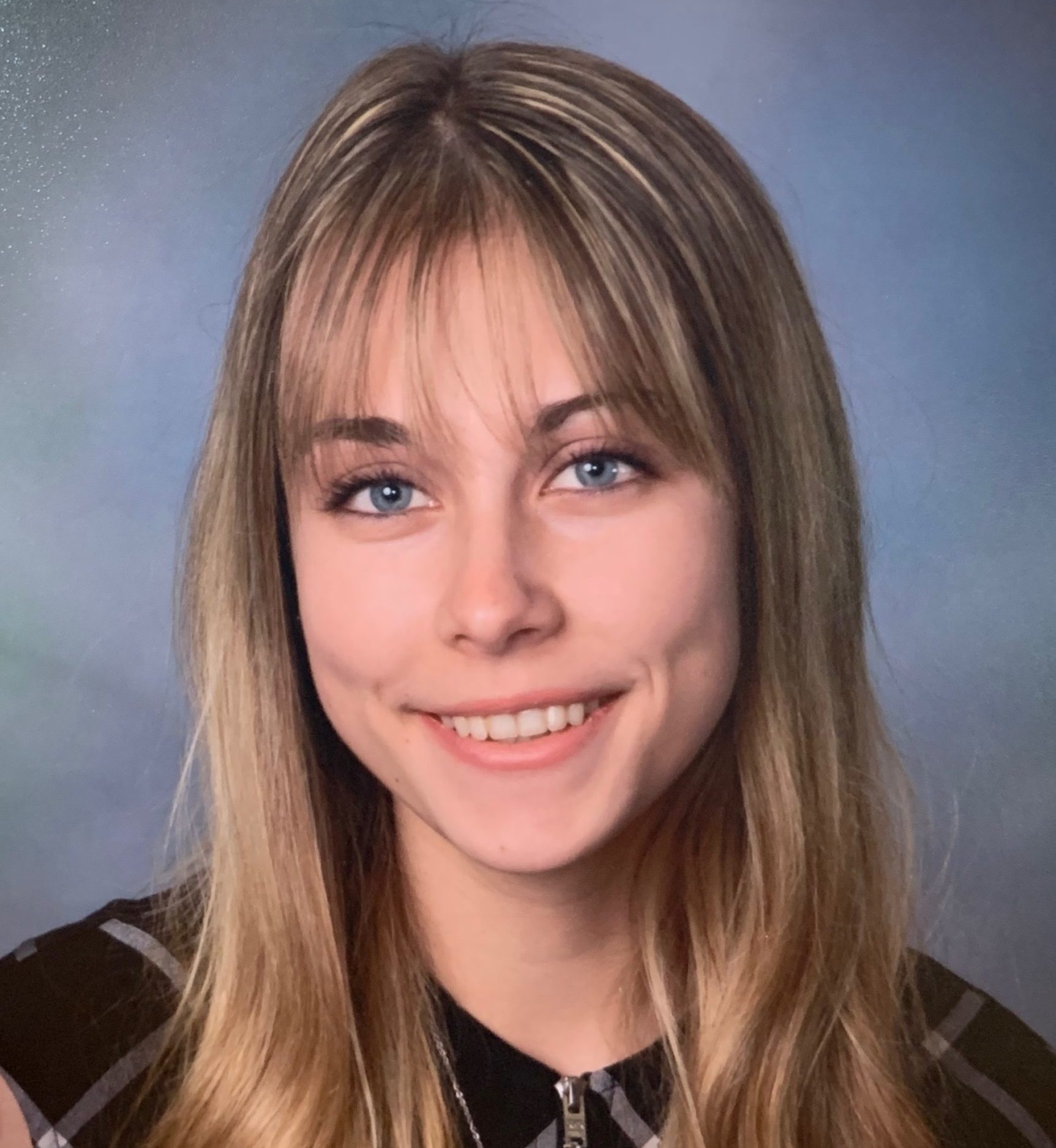Social media is often seen as something that negatively impacts mental health, particularly among young adults. While such social platforms can have their downsides and affect people differently, many of these apps do exactly what they were designed to do: connect. In a time where the entire world went virtual, young people weren’t as afraid or uncomfortable to step into that because they have connected virtually for a long time and those connections have been just as meaningful. In our Active Minds survey, 68.31% of all students (high school and college) said they benefited the most from virtual interactions with friends during the pandemic when it came to their mental wellness. And according to NAMI, “An estimated 4 billion people use some form of social media — and most of these users will see mental health-related content at some point while scrolling through their feeds,” which means that social media is doing a lot for mental health awareness every single day.
During quarantine, TikTok was a saving grace for me. The app, known for its short-form videos, made me laugh more than any other social media platform has before. With stay-at-home-orders, TikTok quickly became a new way to interact with loved ones virtually even when they were miles, or even continents away. It seemed at one point that everyone was dancing along to that Megan Thee Stallion song, baking banana bread or discussing “Tiger King” theories. It became a regular routine for my sister and I to wake up in the morning and ask, “Did you see that one TikTok?” My friends and I even posted our own videos, following popular trends around music, pranks or filters. And, yes; I did go semi-viral once!
TikTok became a way to connect with people who were going through similar experiences, but also a way to engage with individuals you normally never would. I found so many food recipes, book recommendations, fashion tips, self-care tools and mental health resources from TikTok that I never would have come across on another app. I was also given a coping mechanism through humor (which personally, is how I handle stressful situations). TikTok, during quarantine, brought light into my days and taught me that it was okay to both not be okay, and to laugh about it.
A very isolating experience such as COVID-19, felt a little less isolating when you saw videos of how others were coping, maintaining their mental health and staying positive. Of course, there was also space to grieve on TikTok. I saw many videos that reminded me of the reality of the pandemic, and even outside of that, I saw videos of people’s personal experiences that inspired me, moved me and reminded me that no one is ever truly alone. We all are going through something, and there will always be someone to understand to some degree. If TikTok did anything for me during this time, it reminded me of the shared experiences every person in the world was going through, even if those experiences were different.
Social media often gets a bad rep when it comes to the conversation around mental health. And it can be a fair critique to make when many people are posting perfectly curated, planned and edited photos of their happy moments. When going on these apps, we have to remind ourselves we are only seeing a glimpse into someone’s life. There have been moments where I myself have needed to take a break and recharge away from apps. But for the most part, my experience with social media has been positive. I follow people and accounts that show me all sides of life: the good, the bad and the in-between. My feed is full of real people loving, grieving, growing, laughing and connecting. Social media invites me into so many lives in a way that says, “Here is my life, it isn’t perfect, but whose is?” Going on social platforms like Instagram, TikTok and Twitter has painted mental illness in a new light for me. It has normalized the struggles that felt solely my own. Further, social media has pushed me to show the unfiltered, genuine parts of myself: a person living and navigating mental illness, body issues, loss and youth. My own social media is a reflection of what I love to see: happy moments that coexist with everything else; moments that say, “This is real life.”
This positive relationship between social media and mental health is why I am so thrilled that Active Minds has officially launched our sixth social media platform: TikTok! I am so excited to be a part of this launch and cannot wait to connect, create and share mental health resources with a newer audience, while also continuing the conversation in destigmatizing mental illness. TikTok will be such a great opportunity to reach more individuals, mental health advocates and organizations and I am so happy that Active Minds sees the value in not just this social media platform, but in the people on it.




